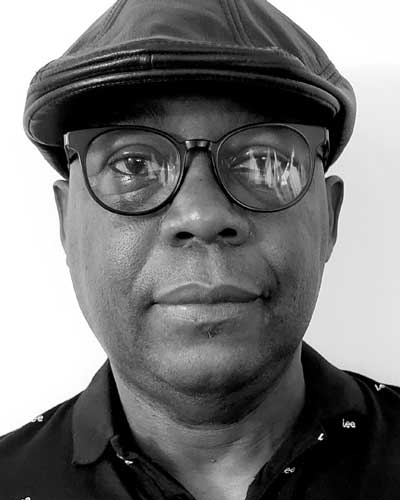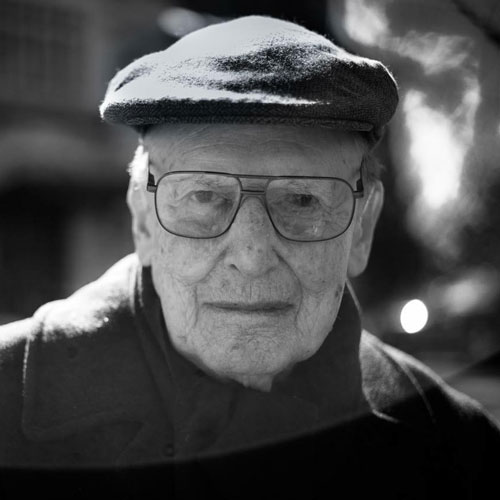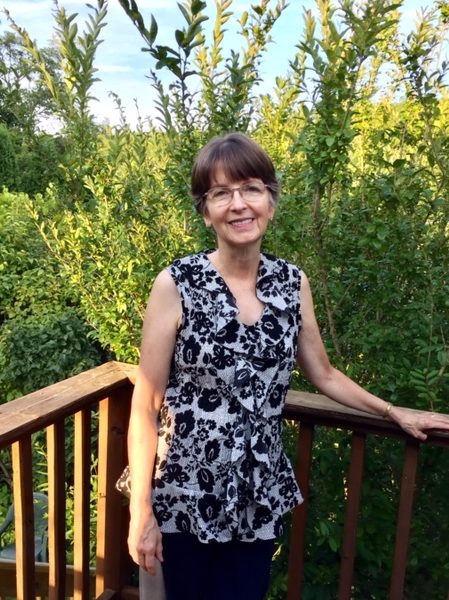The Immigrant Experience
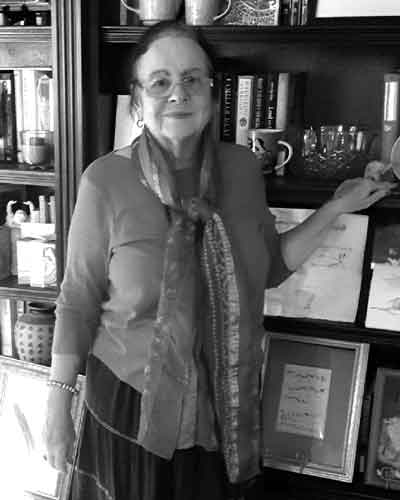
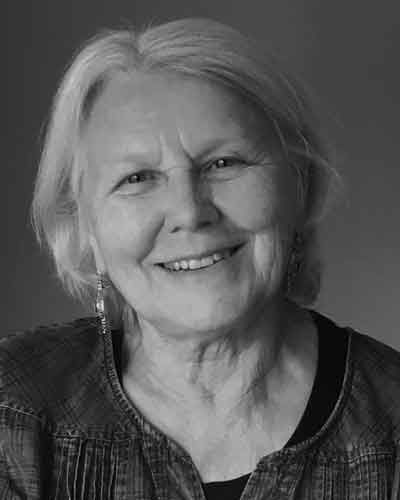

Heritage and homecomings, featuring work by Regina Dilgen, Georgia Gojmerac-Leiner and Parul Shah.
8 minutes
TRANSCRIPT
In 1885, a French steamer arrived in New York with the crates full of steel, bronze, and other prefabricated materials. Workers spent the next year and a half assembling it and finally finished the project on October 28, 1886. “It” was the Statue of Liberty. Frederic August Bertholdi designed it with help from Gustave Eiffel of Tower fame who designed the skeleton that the bronze panels attached to. Originally, the statue was reddish-brown and shiny, but within twenty years it had oxidized to its current green color.
From then on, the Statue welcomed millions of New York-bound immigrants into the United States.
In honor of the 138th anniversary of the dedication of the Statue of Liberty, three pieces from Passager about the immigrant experience.
Regina Dilgen said that her poem is a kind of roll call to her because storytelling itself lets us recall and call to loved ones through memory. She said she wrote “Roll Call” to honor her grandfather and loved hearing about her grandfather’s earlier life and especially the value he placed on relationships.
My grandfather told us
that he called the names of the men he’d worked with
before he fell asleep
as a way to keep his mind sharp.
He’d been a head driver
for the Brooklyn Sanitation Department.
This their routine: D’emacelli, Kelly, Samuelson.
My grandfather, who couldn’t read, who had to remember,
who came here from Italy as a baby on the boat over
where his mother ripped her dress for diapers
and no truant officer came to inquire of him
when he left school after fourth grade
to work the road crew up-state with his uncles
in cut-down trousers.
And he told us how at the end of the workday
the boys and men cleaned up down by the river
calling each other’s names,
and a little steamboat would huff over
selling peanuts and lemonade.
Regina Dilgen’s poem “Roll Call” also from Passager Issue 70.
My wife once told me that when she asked her Irish grandparents where they’d come from, they said “Boston.” In other words, good riddance to the motherland. For others, though, not unlike Dorothy Gale from the Wizard of Oz, no matter how wonderful the new place is, there’s no place like home.
Georgia Gojmerac-Leiner immigrated to the U.S. in the 60s from Croatia; she was a teenager. She said, “I have assimilated quite well, as I was encouraged to do, but the person within me lives by something different. I never stopped loving my native country, where the blueprint of my life and character were designed. The simple life there, though it has changed, continues to inspire me.” Here’s Georgia’s poem “The River Kupa.”
As children we reveled on the shore
of Kupa, sliding off water-worn stones,
we, self-taught swimmers,
swimming as we could, from rock to rock,
daring each other to dunk.
The clean, transparent river
teemed with fish and eels in the water grass,
and always seemed benign.
But as an adult,
when I traveled with my father’s remains
back to Pravutina on the Kupa –
he would be buried on the hillside cemetery
overlooking the river –
I realized that it was our watchers,
mothers and fathers,
who let us go swimming only
when the river level was just right
and the sun had warmed the water.
When that winter I arrived at the river’s edge
the swollen Kupa threatened and scolded me
for coming so close to danger.
But in grief I felt indifferent to danger –
death has taken my grandmother, my child,
the pair of my parents
and so many other loved ones –
I feared no harder losses.
River, you with your deep, dark waters
and your heavy, hurried flow, and me
with my losses and grief, now shocked
into recognition that you could be forbidding,
we had to part our ways.
But I would return when my grief had lightened,
and you became shallow
enough for me to walk
across to the other side
on your glinting waters.
From Passager Issue 70, Georgia Gojmerac-Leiner’s poem “The River Kupa.”
Parul Shah said that as an Indian-American child in the 70s, she wanted badly to belong. She said, “I was the odd bird in any group – the Indian who went into advertising and the only Indian on the creative floor in my New York ad agency. I was the sole female copywriter. In my 50s, I’m an age-appropriate birdwatcher, yet can’t help but notice I am the only brown birdwatcher I’ve seen. Here’s an excerpt from Parul’s memoir “Inheritance.”
Throughout my childhood, my parents saved their money so that every few years they’d accumulate enough for my mother to take my brother and me to India, the motherland, for the summer. These were not Merchant and Ivory style excursions with regally turbaned servants and gleaming marble rooms. We “summered” in a small town where the grandest bungalow around (which was ours, or rather my grandmother’s), had an upscale outhouse and the servants did not own turbans much less shoes. The entire town’s stealthy mosquito population feasted on my brother and me exclusively, or so it seemed, and the TV had English language programming once a week. It was I Love Lucy and boy did I love Lucy for reminding me what an American accent sounded like (I’d repeat my favorite lines, mimicking Lucy in an effort to preserve my own accent and not sound funny when I got back to my motherland, America). All this is to say that there wasn’t much to do besides scratch your bites and exclaim “Oh Ricky!” most days.
An excerpt from Parul Shah’s memoir “Inheritance,” which Passager published in its Winter 2024 issue. Parul said, “I now know we are all birds of a feather, each of us with troubles that weigh us down and triumphs which allow us to soar. I love how writing can reconnect us to the flock of humanity.”
You can subscribe to and learn more about Passager and its commitment to writers over 50 at passagerbooks.com. Passager offers a 25% discount on the books and journal issues featured here on Burning Bright. Visit our website to see what’s on sale this week.
For Kendra, Mary, Christine, Rosanne, and the rest of the Passager staff, I’m Jon Shorr.

